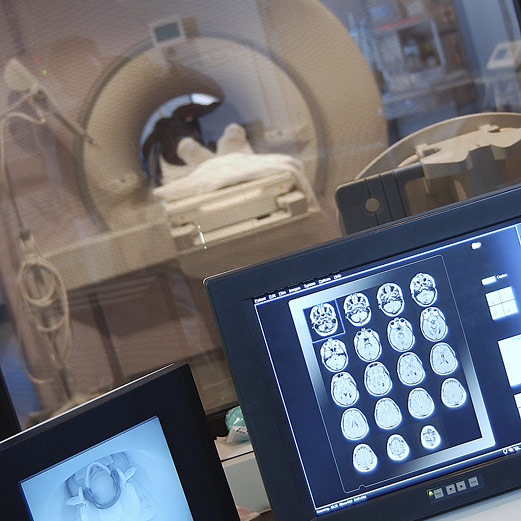Here are some of the latest health and medical news developments, compiled by the editors of HealthDay:
Cigarette Smoke Toxins Remain in Home Long After Smoker Quits: Study
Toxins from tobacco smoke persists in smokers’ homes for at least six months after they quit and remain a threat to nonsmoking residents, according to researchers.
The team studied 65 smokers who were quit smoking and discovered that tiny particles from burning tobacco get into surfaces such as carpets, wallpaper, ceiling tiles upholstery, clothes, blankets and pillows and were still present long after a smoker quit, The New York Times reported.
There were large immediate declines in nicotine on surfaces and in dust, which then leveled off and remained the same, but still detectable, by the end of the study period, according to the study in the journal Tobacco Control.
And even six months after smokers quit, nonsmokers still in the same home still had detectable levels of a marker of tobacco exposure in their urine after six months, The Times reported.
—–
Maine Mussels and Clams Recalled
The threat of a deadly neurotoxin has led to a recall of mussels and clams harvested in Maine.
Some mussels and clams tested positive for domoic acid at levels higher than the established threshold. The state’s Department of Marine Resources said no known illnesses have been linked to the mussels and clams, CNN reported.
The recall covers mussels and mahogany quahogs harvested or wet-stored Sunday through Friday of last week in the Jonesport area of Maine, and clams harvested last Wednesday through Friday from Cranberry Point in Corea to Cow Point in Roque Bluffs.
Eating shellfish or fish with domoic acid can lead to a condition called amnesic shellfish poisoning, which results in symptoms such as abdominal cramps, diarrhea, nausea and vomiting, CNN reported.
Eating high levels of the toxin can result in neurological symptoms such as short-term memory loss, seizures, dizziness, headache, weakness, heart rhythm problems, coma and even death.
—–
Little Proof Brain-Training Games Are Effective: Review
There is little proof to support claims that digital brain-training games improve people’s memory, focus or attention and help delay mental decline, researchers say.
They reviewed 374 studies of the increasingly popular products and found “extensive evidence” that they do improve performance on the tasks users directly train for, such as remembering a series of letter or numbers, USA Today reported.
However, there was less evidence that mastering these tasks helps users remember things such as birthdays or mobile phone numbers, and little evidence that brain training games boost thinking abilities in other areas.
The review was published in the journal Psychological Science in the Public Interest.
—–
Mylan CEO Misled Congress About EpiPen Profits: Lawmakers
The CEO of the company that makes EpiPens misled Congress about how much profit the company makes on the life-saving injection devices used when people suffer severe allergic reactions, according to leaders of the House Oversight Committee.
Last month, Heather Bresch told the committee that Mylan made just $50 profit on EpiPens sold for more than $300 each, the Associated Press reported.
However, a letter released Monday by the panel said the figures cited by Bresch were calculated after the 37.5 percent U.S. tax rate was factored in. Before taxes, Mylan’s profit on an EpiPen two-pack is actually $160.
“Failing to disclose tax assumptions that formed the basis for … the profit per pack claim, despite opportunities to do so before and during the hearing, raises questions,” wrote ommittee Chairman Jason Chaffetz of Utah and Rep. Elijah Cummings of Maryland, the panel’s senior Democrat, the AP reported.
Since 2007, the list price of EpiPens has increased more than 500 percent and a two-pack of the devices now costs $608.
Copyright © 2026 HealthDay. All rights reserved.

